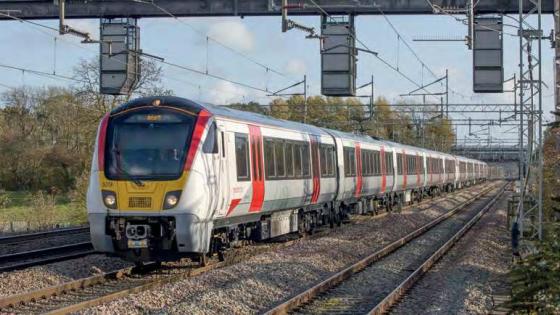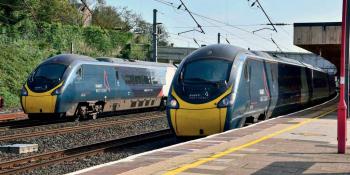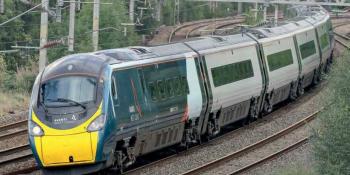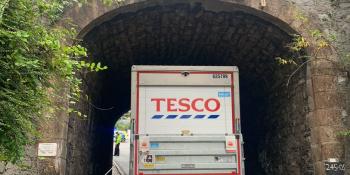
A new body called Great British Railways (GBR) will take over the operation and planning of Britain’s rail infrastructure, and set and collect most fares and determine timetables. The announcement was made on 19 May and is the outcome of the long-running Williams-Shapps review into the railway.
The Government says the move re-emphasises its commitment to growing the rail network, with ‘tens of billions of pounds’ invested in more electrification and new and reopened railways.
Passenger franchises will be replaced by Transport for London-style concessions known as Passenger Service Contracts, which are expected to include incentives for operators to increase passenger numbers. However, while many are expected to be tightly specified, some operators – on long-distance routes, for example – will be given greater flexibility to change fares. The government says that ‘affordable’ walk-on and season ticket prices will be protected.
New National Rail Contracts will be announced this year: they will be in operation for two years and act as a ‘bridge’ to reform. Although there is no specific timescale for the full restructuring to take place, effectively, Network Rail takes over GBR meaning that no legislation will be needed in the short term.
There will be national co-ordination for freight, which is expected to offer greater flexibility and responsiveness, while delivery of enhancements and reopenings is also expected to be speeded up.
Prime Minister Boris Johnson said: “I am a great believer in rail, but for too long passengers have not had the level of service they deserve. By creating Great British Railways, and investing in the future of the network, this government will deliver a rail system the country can be proud of”
Greater efficiency
A key driver of the reorganisation is to improve efficiency by reducing complexity and duplication of functions. The Government also says it will provide greater flexibility to change working practices and making it easier and cheaper to invest. ‘Reform is the only way to protect services and jobs in the long-term’ it argues.
A major aim of the Passenger Service Contracts is to remove barriers to new market entrants by no longer basing competitions on revenue forecasts. This, says the Government, means operators will be asked to provide a more competitive and customer-focused offer delivering greater value for money for taxpayers.
More local involvement is sought, with local communities expected to work with GBR on designing services. Local leaders are to be given greater control over local ticketing, timetables and stations. It could also lead to smaller bidders such as community rail partnerships bidding for contracts to operate branch lines.
Fares reform
Flexible season tickets and pay as you go, contactless and digital ticketing are planned, with a new Great British Railways website selling them (third-party retailers can also do so). A single compensation system for all operators in England will allow passengers to access information and apply for refunds.
A new national flexible season ticket was also announced on 19 May, offering claimed savings of hundreds of pounds a year for two- and three-day-a-week commuters. These will be on sale on 21 June, ready for use a week later.





